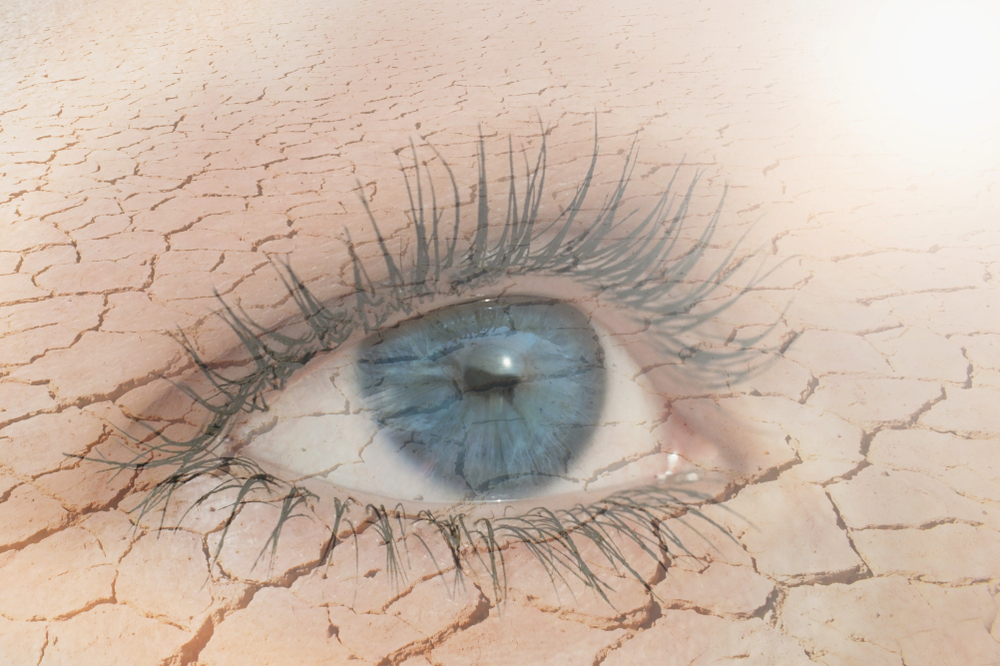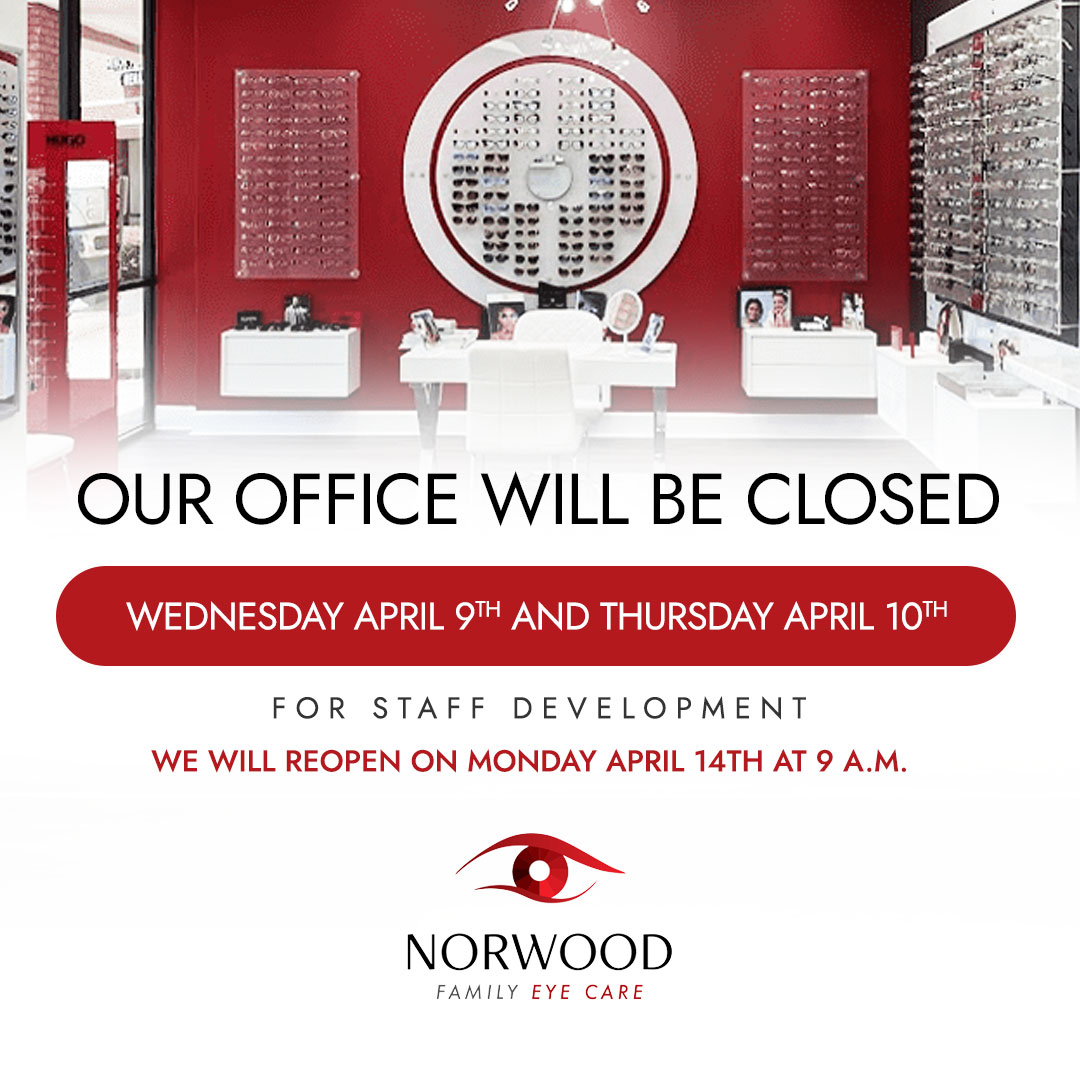
Dry eye is a condition that can cause discomfort and blurry vision. It happens when your eyes do not produce enough tears or when the tears evaporate too quickly. This results in a lack of proper lubrication and moisture on the surface of the eye. Fortunately, managing dry eye is possible with the right environment and lifestyle adjustments.
Understanding Dry Eye
Dry eye occurs when your eyes do not produce enough tears or when the quality of your tears is poor, causing them to evaporate too quickly. There are two main types of dry eye: aqueous-deficient dry eye, where the lacrimal glands fail to produce enough of the watery component of tears, and evaporative dry eye, which is more common and occurs when the tear film evaporates too quickly, often due to meibomian gland dysfunction. Some people may experience a combination of both types.
What You Can Do to Manage Dry Eye
The air inside your home or office can have a significant impact on dry eye symptoms. Dry or windy environments, air conditioning, and heating systems can worsen irritation. Using a humidifier to maintain moisture in the air can be helpful. Avoid placing yourself directly in front of fans or vents, and try to keep your indoor humidity levels around 40 to 60 percent.
Staring at screens for long periods without blinking enough can make dry eye symptoms worse. Take regular breaks by following the 20-20-20 rule: every 20 minutes, look at something 20 feet away for 20 seconds. Position your screen slightly below eye level to reduce the surface area of your eyes that is exposed to air.
When you are outdoors, wind and sunlight can dry your eyes out even more. Wearing wraparound sunglasses or glasses with side shields can protect your eyes from environmental irritants and slow down tear evaporation.
Over-the-counter lubricating eye drops can provide temporary relief. Make sure to use preservative-free drops if you need to apply them frequently. Avoid redness-reducing drops, which may worsen symptoms over time.
When to See a Doctor
If your symptoms persist despite making environmental changes and using artificial tears, it may be time to visit an eye care professional. Chronic dry eye can indicate underlying conditions or require prescription treatments, such as medicated eye drops, in-office procedures, or lifestyle changes tailored to your needs. Dr. Norwood uses advanced diagnostic tools to determine the cause of your dry eye and offer personalized treatment plans.
Schedule Your Dry Eye Evaluation Today
Creating a dry eye-friendly environment can go a long way toward easing symptoms and improving your comfort. From optimizing indoor humidity to protecting your eyes during daily activities, these small changes can make a big difference. But when lifestyle adjustments are not enough, professional care is essential for lasting relief.
If you’re battling with dry eye symptoms, schedule a consultation with Norwood Family Eye Care today to get the expert guidance and treatment you need. Visit our office in Bartlett, Tennessee, or call (901) 617-8095 to book an appointment today.











